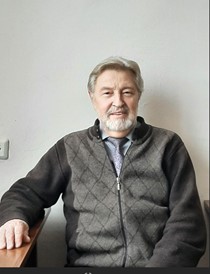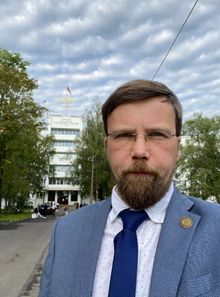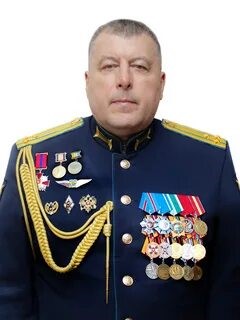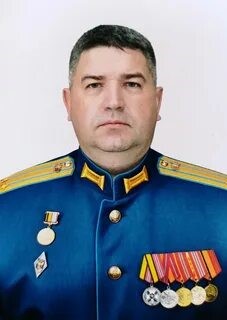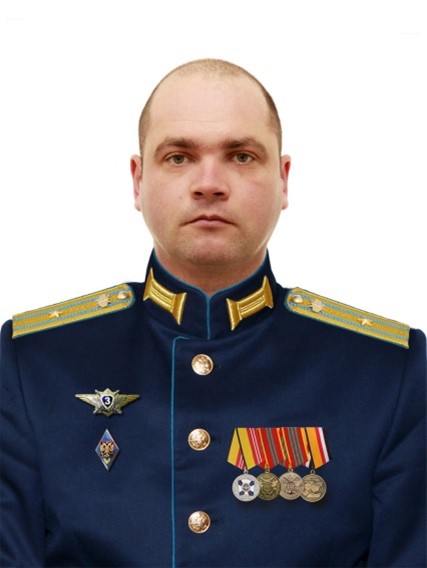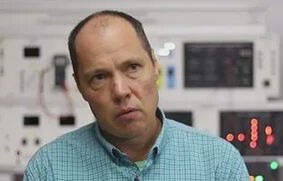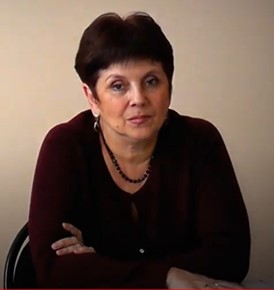 E–mail: ovzaslav@yandex.ru
E–mail: ovzaslav@yandex.ru
Place of work: Tula State University
Academic degree: Doctor of Pedagogical Sciences
Academic status: Professor
Post: Chairperson of Department of Theory and Methodology of Education
Specialty from nomenclature of scientific specialties (Code of Higher Attestation Commission): 5.8.7 – Methodology and Technology of Professional Education (Pedagogical Sciences)
Scientific major: educational system, socio-cultural design, innovations in education, personality-oriented education, civic education, gifted children, professional development, humanitarization of technical education.
Important publications:
- Zaslavskaya O. V. Self-education of a teacher in the system of in-school professional development / O. V. Zaslavskaya, R. E. Golovin // Scientific Notes of Oryol State University. – 2024. – № 3 (104). – P. 183-187.
- Zaslavskaya O. V. Humanitarian component of training technical specialists in a modern university / O. V. Zaslavskaya, A. S. Malafiy, O. E. Salnikova // Scientific Notes of Oryol State University. – 2023. – № 3. – P. 219-224.
- Zaslavskaya O. V. Pedagogical training of a teacher for a vocational school as a theoretical problem and a practical task / O. V. Zaslavskaya, M. S. Vorotilin, V. N. Rannikh, O. A. Fomicheva // Prospects of Science and Education. – 2021. – № 3 (51). – P. 155-168.
- Zaslavskaya O. V. Formation of “soft skills” in the educational process of the university as a factor in the development of the competitiveness of a young specialist / O. V. Zaslavskaya, A. S. Malafiy // Prospects of Science and Education. – 2021. – № 3 (51). – P. 115-126.
- Zaslavskaya O. V. Pedagogical training of a vocational school teacher in the adult education system: theoretical and technological aspect / O. V. Zaslavskaya // Bulletin of Tula State University. Pedagogy. – 2020. – № 1. – P. 45-49.
- Zaslavskaya O. V. Professionalism of a teacher as a cultural category: on the issue of the formation of the professional personality of a modern teacher / O. V. Zaslavskaya // Scientific notes of Oryol State University. – 2019. – № 3 (84). – Pp. 241-243.
- Zaslavskaya O. V., Malafiy A. S. Psychological and pedagogical readiness of a tour guide to work with people with disabilities / O. V. Zaslavskaya, A. S. Malafiy // Education and Science. – 2019. – Vol. 21, № 10. – Pp. 167-188.

